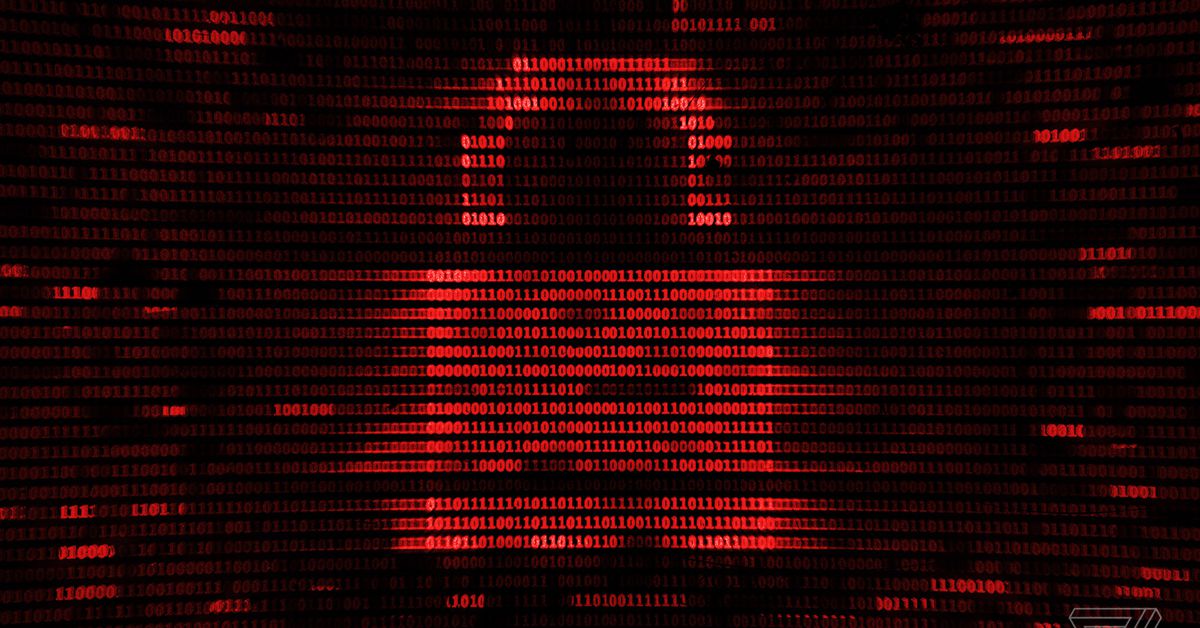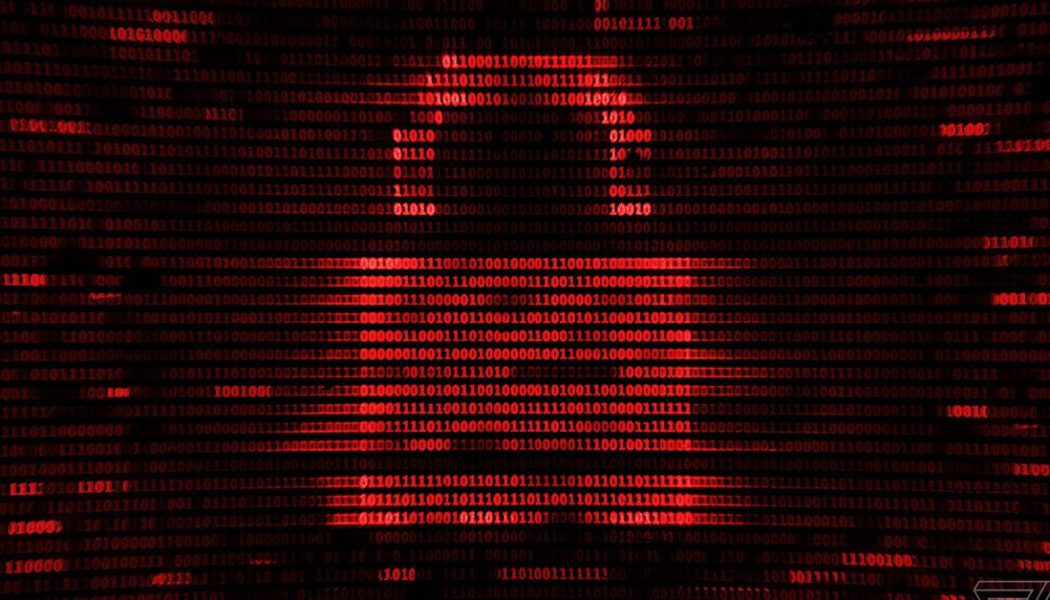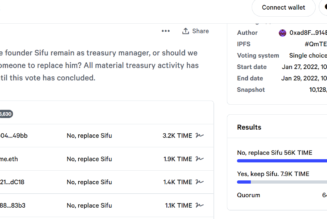
Ireland’s health service, the HSE, shut down all of its IT systems on Friday following a “significant” ransomware attack which has disrupted COVID-19 testing and other patient services, the BBC reports. The country’s COVID-19 vaccination program does not appear to have been affected.
A government official tells news station RTE that an international cyber criminal group is responsible for the attack. “This is not espionage. It was an international attack, but this is just a cyber criminal gang looking for money,” says Minister of State for Public Procurement and eGovernment Ossian Smyth.
Micheál Martin, the country’s Taoiseach (prime minister), says Ireland will not be paying any ransom.
According to the Financial Times, the government received a ransom demand to be paid in bitcoin. The attack appeared to affect data stored on the health system’s central servers, reports RTE, but it did not appear any patient data was compromised.
The HSE tweeted yesterday that it had taken down its IT systems as a precaution to protect them from the attack.
There is a significant ransomware attack on the HSE IT systems. We have taken the precaution of shutting down all our our IT systems in order to protect them from this attack and to allow us fully assess the situation with our own security partners.
— HSE Ireland (@HSELive) May 14, 2021
The attack had a severe impact on the country’s health and social care services on Friday, but emergency services continued to operate normally, according to health minister Stephen Donnelly. He reiterated that Ireland’s COVID vaccinations were continuing as planned.
Today has been a challenging day for @HSELive . But in the midst of such challenge the Vaccination programme continues to perform. Aviva vaccination centre has today surpassed 52,000 vaccinations since they opened – more than the capacity of the stadium! pic.twitter.com/QJ9lmvg14F
— Stephen Donnelly (@DonnellyStephen) May 14, 2021
The Ireland attack comes less than a week after a similar incident at Colonial Pipeline, which took one of the largest fuel pipelines in the US offline. The company reportedly paid a nearly $5 million ransom to the attackers in that instance, to get its systems back online.










